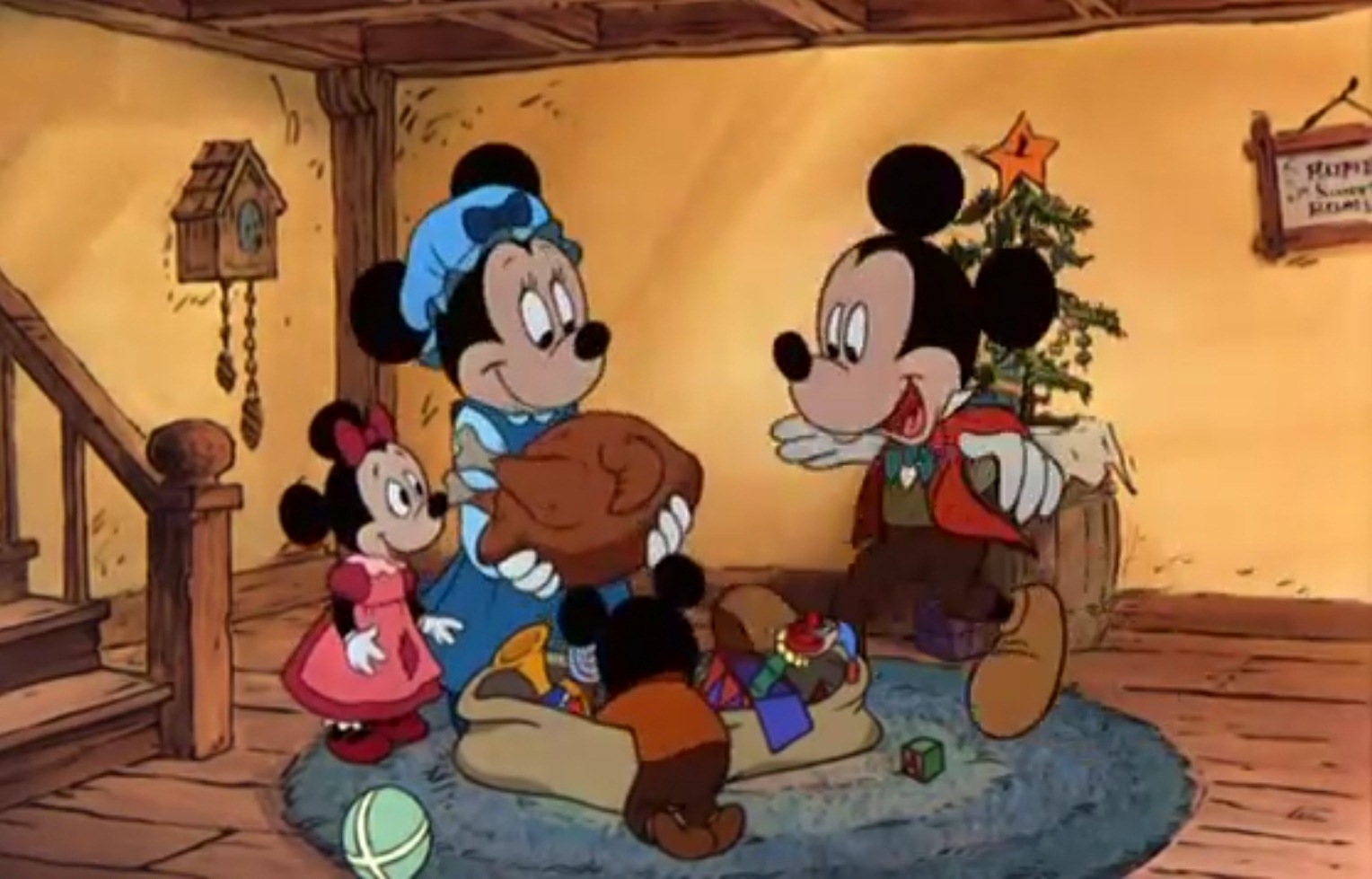It’s rare to be able to point to someone as definitively the best at anything. Chuck Berry is the greatest of all time when it comes to Rock and Roll. When you look at his body of work, it’s staggering. It’s not just that he had a lot of good songs. He had a lot of great songs and a handful of perfect songs. He created the template. Everyone from The Beatles to Rush to U2 to The Black Keys to anyone else who falls in the category of Rock Music is just playing variations on a theme. And that theme was created by Chuck Berry.
Even if the only thing he had ever done was Johnny B. Goode, he might still be the greatest. Talk about a perfect song. It’s been sixty years since it was recorded and it absolutely jumps out of the speakers. It’s a B-flat blues with breaks and no turnaround, but it is so much more.
Deep down in Louisiana close to New Orleans/Way back up in the woods among the evergreens/There stood a log cabin made of earth and wood/Where lived a country boy named Johnny B. Goode/Who never ever learned to read or write so well/But he could play a guitar just like a ringing a bell. These may not be the type of lyrics that win a Nobel Prize, but they are really great. They practically sing themselves. The rhymes are effortless. The story is natural. And the details bring it to life.
The song is fast, but doesn’t feel rushed. I count it at about 170 beats per minute. In the Rock world, 120-130 beats per minute is pretty standard. Most rockers just can’t keep up with Chuck and his band. There’s Fred Below on drums. The backbeat is so strong no one is white enough to miss the two and four. Willie Dixon’s walking bass line is the heartbeat. It’s simple and understated, but exactly what serves the song best. Lafayette Leake’s piano fills provide the counterpoint. They keeps things fresh and exciting no matter how many times the song gets played. And Chuck’s rhythm guitar, power chords, of course, makes the feet tap and the body shake.
He used to carry his guitar in a gunny sack/And sit beneath the trees by the railroad track/Engineers would see him sitting in the shade/Strumming with the rhythm that the drivers made/People passing by they would stop and say/Oh my well that little country boy can play. The lyrics are so visual. Anyone listening to the song can see the action unfolding. They show rather than tell in a way that should make any writing teacher happy.
The vocal is understatedly brilliant. Chuck doesn’t oversing or undersing. He hits that sweet spot in the middle. You can understand every word. He’s telling a story like a folk singer. There’s hope and joy and optimism in his voice. As I said, it’s brilliant.
His mother told him, “Someday you will be a man/And you will be the leader of a big ol’ band./Many people comin’ from miles around/To hear you play your music when the sun goes down./Maybe someday your name will be in lights/Saying Johnny B. Goode tonight.” The lyrics are somehow very specific while being universal. Anyone can see themselves in Johnny’s place in terms of feeling, but the story is his own.
The lead guitar is so good that there’s almost nothing to say about it. It sounds like the past, the present and the future all at the same time. Chuck manages to evoke Louis Jordan and T-bone Walker. There’s Carl Perkins and Scotty Moore. There’s even Jimi Hendrix and Eddie Van Halen. But it all combines into Chuck Berry. It’s so original and so familiar. It’s literally amazing.
When you take great lyrics, a killer rhythm section, a wonderful vocal and an amazing guitar and put them together you wind up with perfection. Johnny B. Goode is a song we’ve all heard a million times. It’s about time we stop to really appreciate it.












